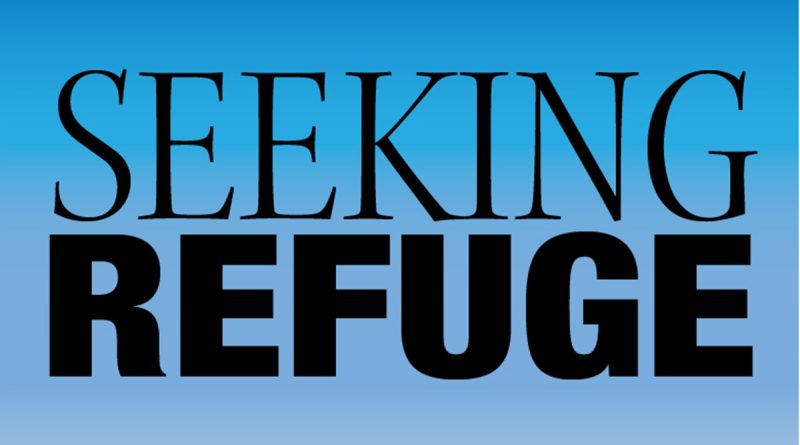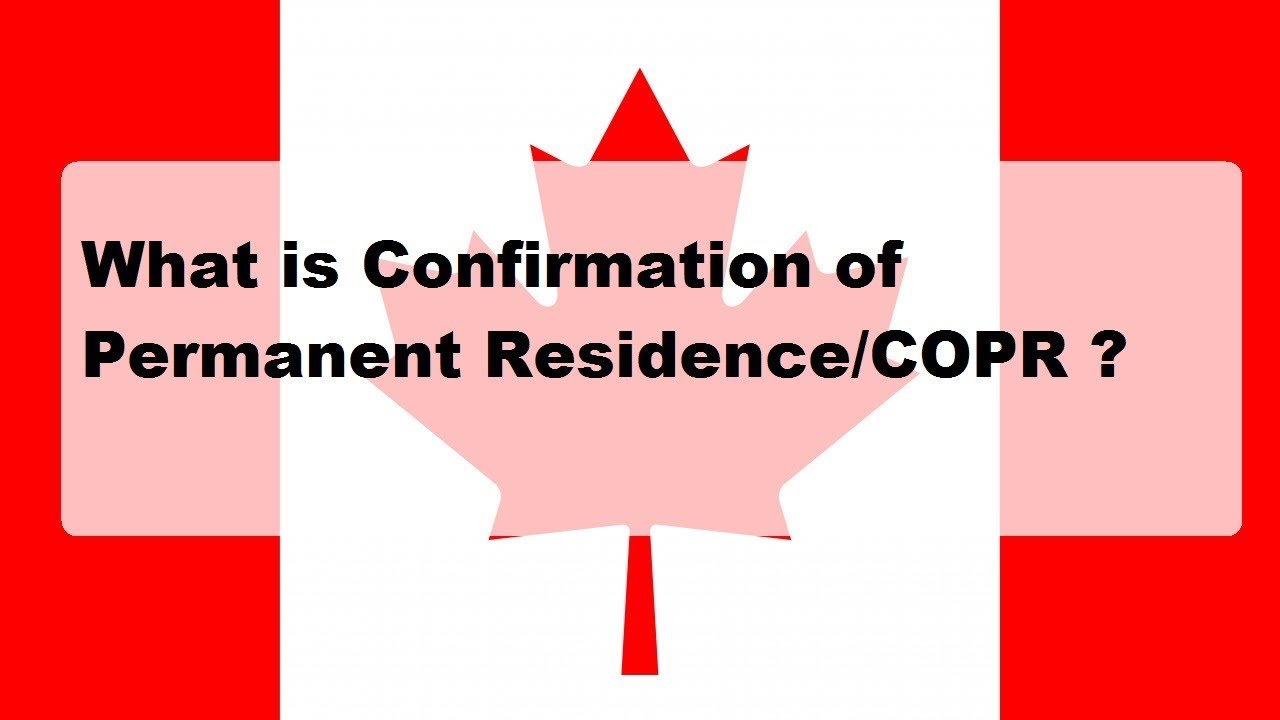IRCC Loosening Restrictions for Those Seeking Refugee Status in Canada
Prime Minister Justin Trudeau’s newly-re-elected Liberal government is eyeing a loosening of restrictions for those applying for refugee status, documents obtained by the Sun News Network reportedly reveal.
“No longer will claimants need to prove, for instance, that they face torture or death if forced to return to their home countries. Nor will they have to satisfy the UN’s definition of a ‘refugee,’” reports senior political columnist Lorne Gunter.
“Now, if they merely claim they have been discriminated against or persecuted for being poor and old, or Indigenous and holding political views targeted by some developing country’s strongman, in the Liberals come.”
The media outlet claims to have gotten its hands on an internal draft document sent to immigration and refugee judges.
According to Gunter, that e-mail, sent out Sept. 20 to Richard Wex, chair and chief executive officer of the Immigration and Refugee Board of Canada contains new guidelines that greatly expand the reasons under which foreign nationals could be able to claim refugee status in Canada.
Canada Opening the Door to Those Suffering Discrimination Due to Intersectionality
“Under the new guidelines … civil service officers who do an initial screening of immigration and refugee claims, plus the immigration and refugee judges who hear appeals of the officers’ decisions, are instructed to accept any applicant who has an ‘intersectional” claim,” reports Gunter.
An intersectional claim could be made by someone whose combination of race, political beliefs, socioeconomic status, sexual orientation, age, culture, disability, immigration status, or indigeneity could have caused them to experience discrimination, oppression or marginalization.
“Staff and adjudicators are instructed to give applicants the benefit of the doubt,” reports Gunter. “Unless the officer or judge involved has incontrovertible proof an applicant is lying, the claimant should be admitted. His or her claims of discrimination are to be accepted by default and his or her application approved.”
Certainly, Canada is bullish on immigration and wants to open the door even wider to refugees.
United Nations Calls Canada a Leader in Refugee Resettlement
In the 6.5 years that ended in July this year, Canada welcomed 163,580 refugees, with the bulk of them arriving in British Columbia, Ontario and Quebec. Since 1980, Canada has welcomed roughly 1.1 million refugees.
That open-door policy makes Canada a world leader in the resettlement of refugees, says the United Nations Refugee Agency.
“Most refugees came to Canada with few, if any, financial resources, and often had to learn a new language and adapt to a new culture,” notes the United Nations agency.
“Despite these challenges, the results show that refugees do not simply benefit from the safety Canada gives them. In fact, they embrace the opportunity that Canada provides to build a better life and become important contributors to the country’s economy and cultural diversity.”
Earlier this month, Ottawa announced it would welcome up to 5,000 Afghan refugees evacuated by the United States under a deal to get Canadians and Canada’s allies in Afghanistan out of the war-torn country.
Afghan Refugees Welcomed in Canada as the United States Pulled Out of War-Torn Country
“These refugees will be accepted as part of Canada’s recently-announced program for some 20,000 refugees, which include persecuted Afghan minorities, women human rights advocates, LGBTI individuals, and journalists,” announced Immigration, Refugees and Citizenship Canada (IRCC).
“This collaboration will also help to reduce current pressures in the global resettlement system, facilitating wider international efforts to support Afghan refugees and accelerating efforts to welcome more refugees to safety in Canada.”
Although they arrive with little, refugees coming to Canada quickly find themselves jobs and generally have about the same level of employment as native-born Canadians.
“Refugees prosper and join Canada’s middle-class within five years of their arrival,” notes the United Nations.
“Refugees who arrived as adults earn on average $20,000 in employment income in their first year. While this is less than half the Canadian average, their annual earnings climb steadily.”
After five years in the country, the average refugee earns roughly the same amount of money as both native-born Canadians and other immigrants.





